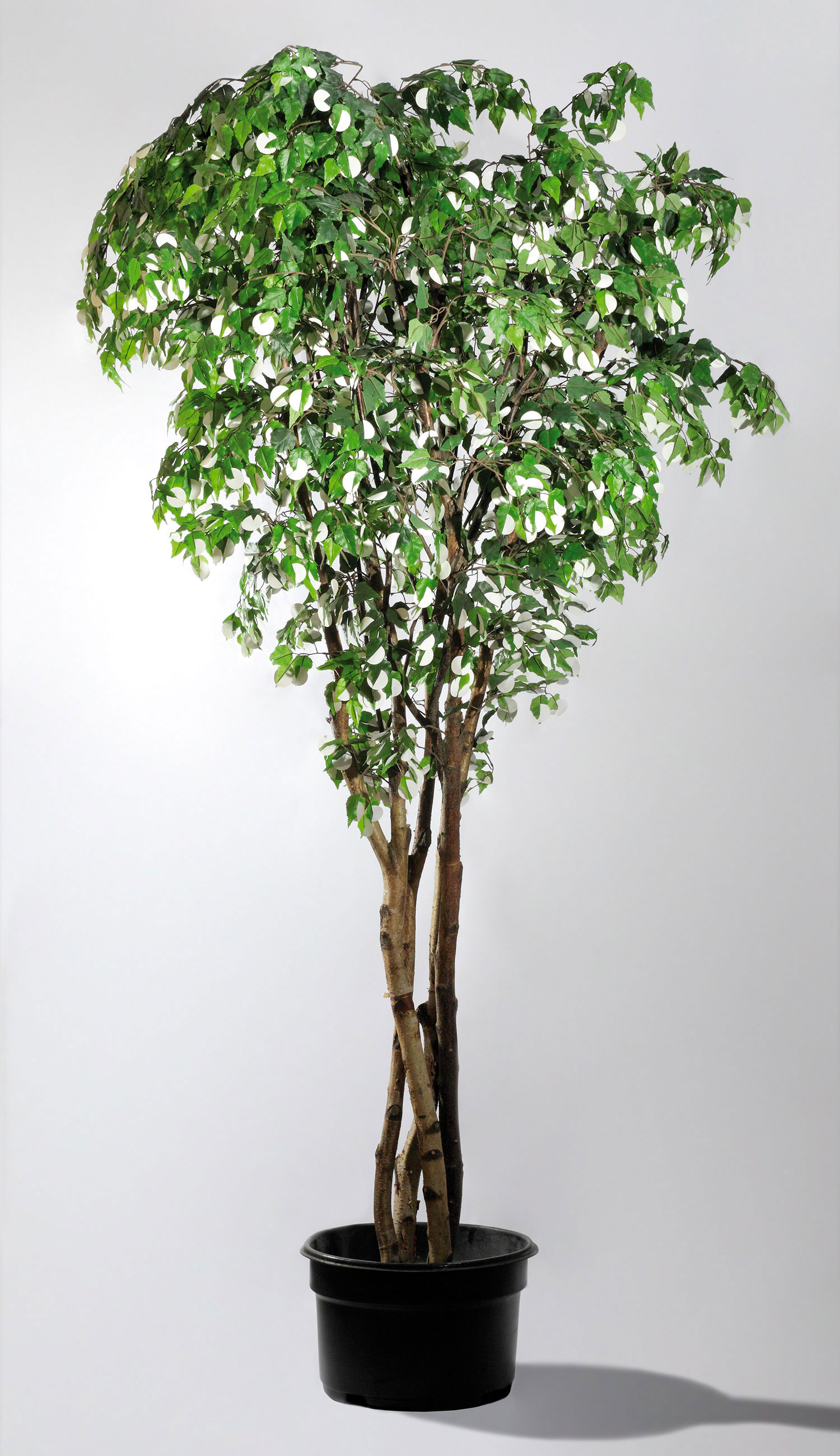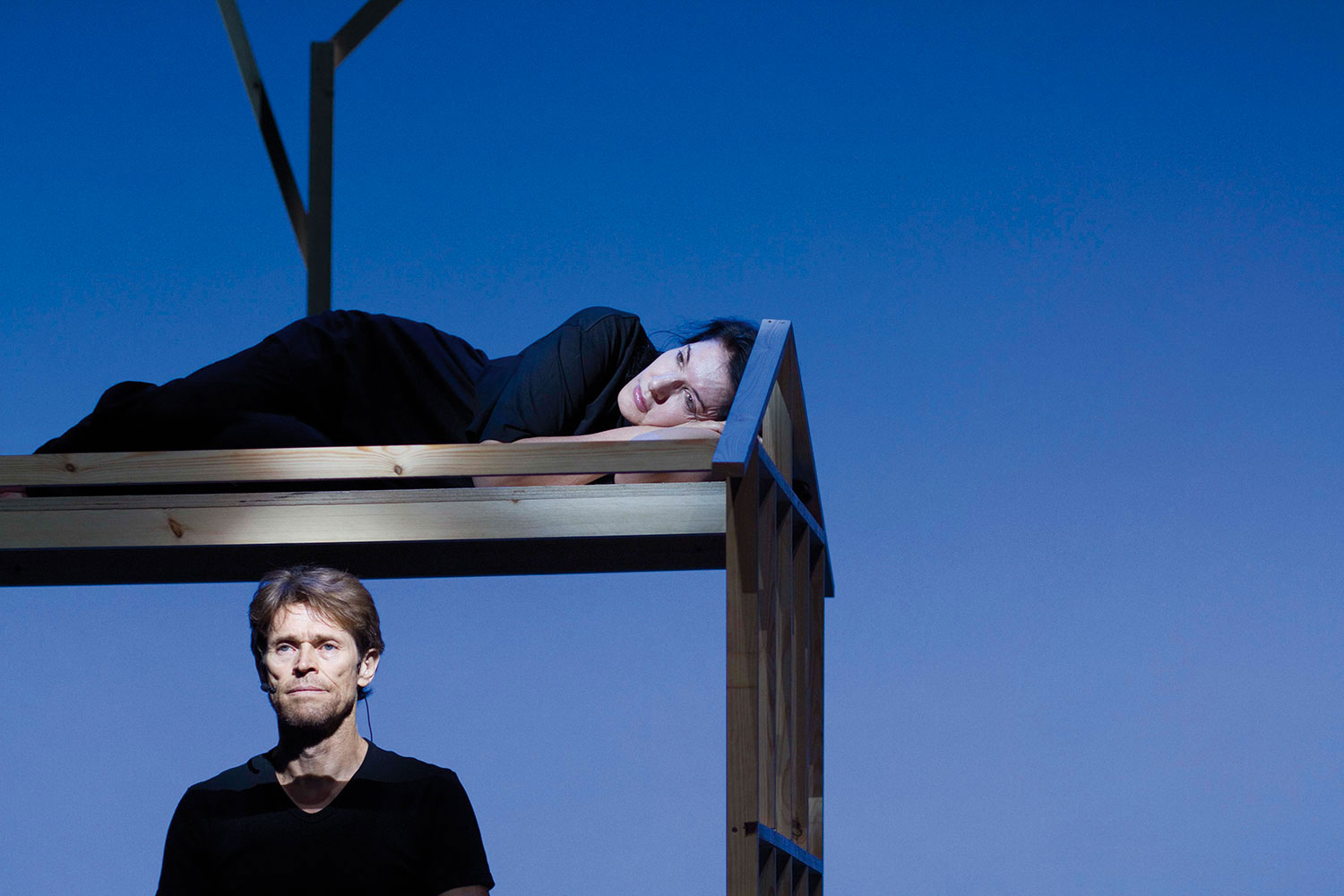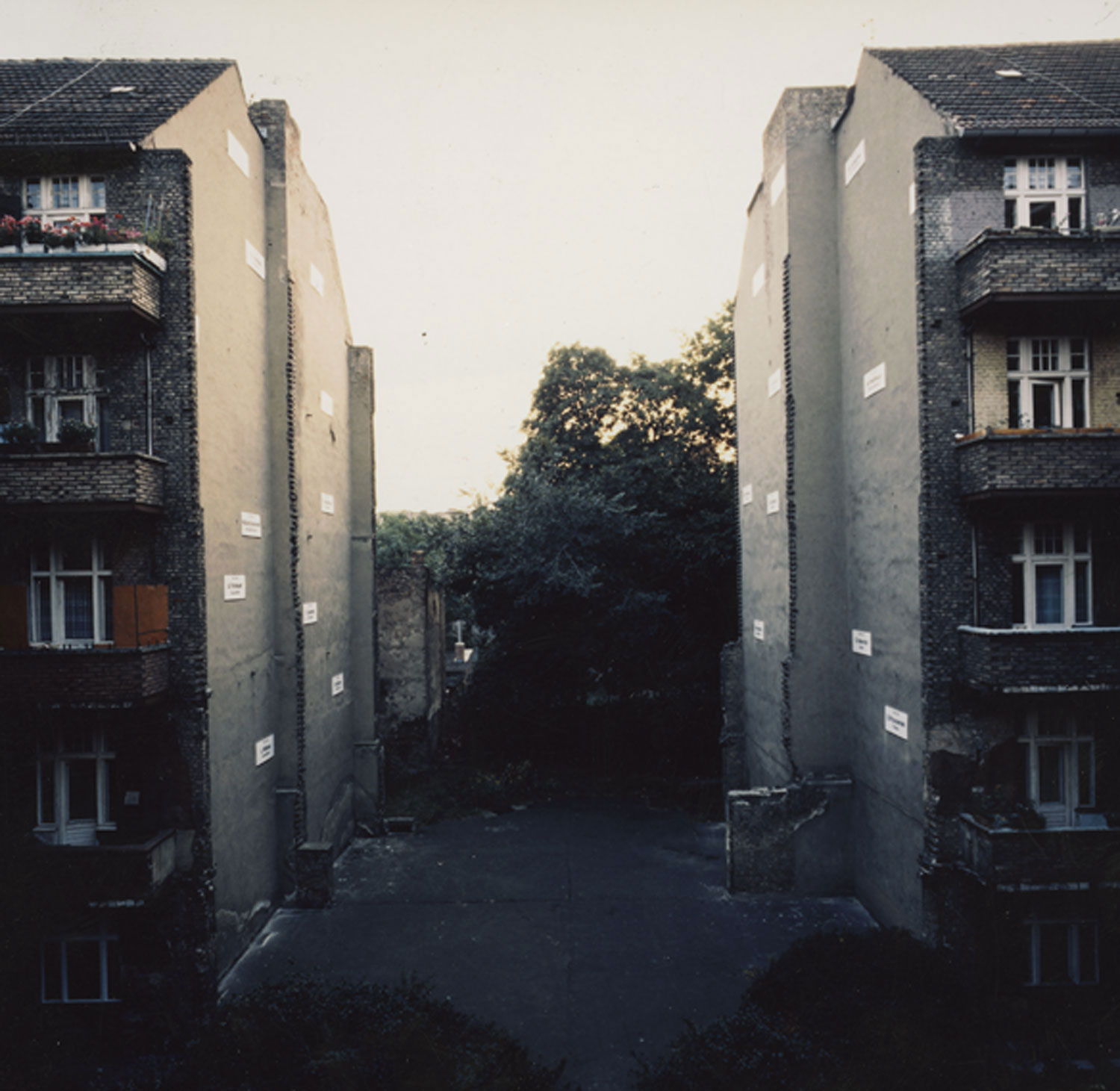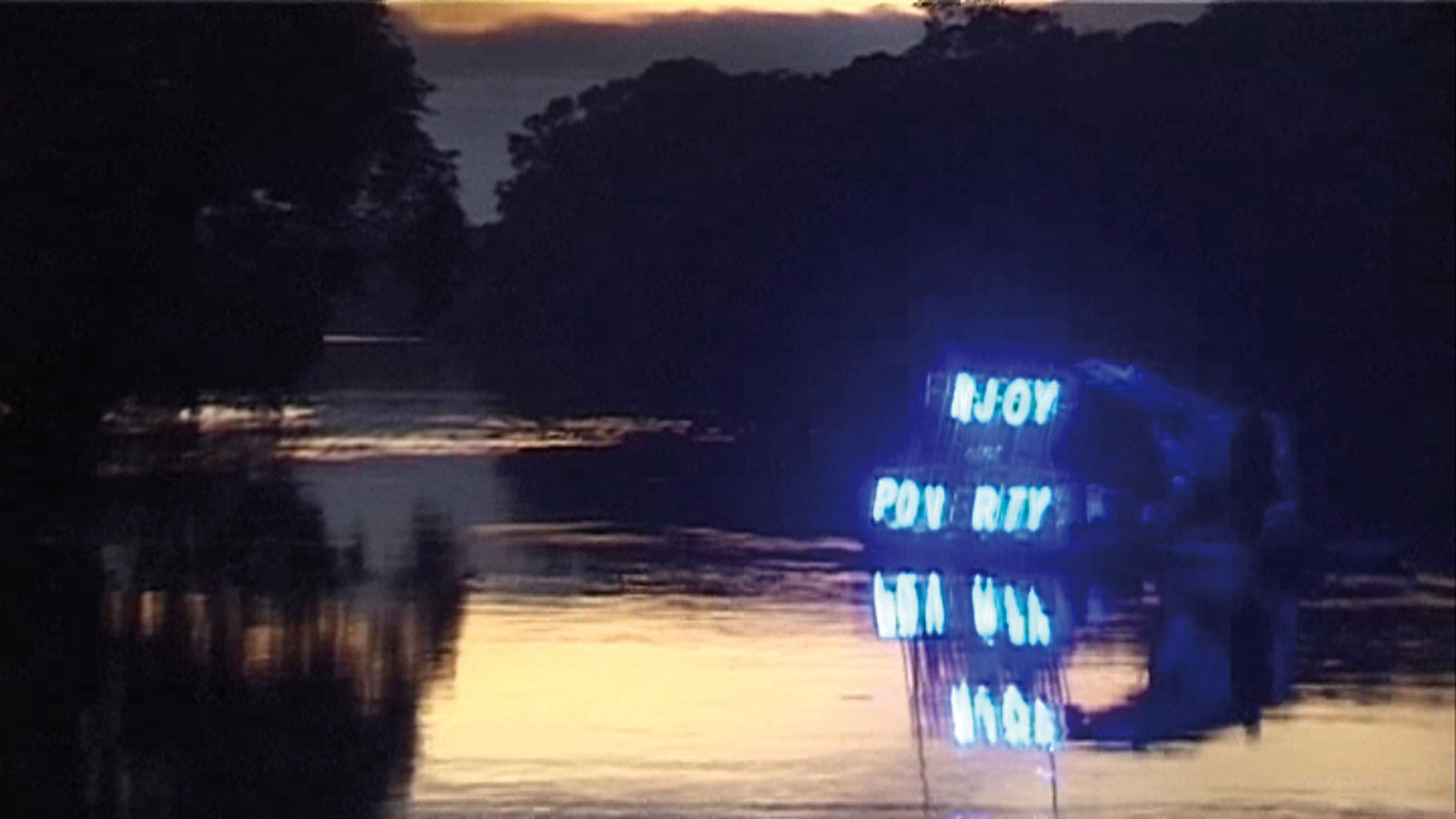
For two years Dutch filmmaker Renzo Martens traveled through the war zones and swamps of the African Republic of Congo. But he wasn’t doing another documentary of a land torn by war and poverty. Instead, his polemic was a critique of media presence in this country; this became the subject of the documentary film Episode 3: Enjoy Poverty (2008). The film, no less controversial than its title, has become a subject of criticism itself.
Every African disaster becomes subject matter for the international media. This prompted Martens to think of a subversive action: he instructed local photographers to photograph their impoverished neighbors and make money from this, in the same way that Western photographers get paid for assignments in Africa. Martens, however, does not distribute cameras among the locals (this has been done before). Instead, he installs a neon sign that reads “Enjoy Poverty” as an absurdist directive to enjoy what one has, and to make money out of dis-advantage.
The film received contradictory reviews when it was screened at several venues in 2010. Martens was blamed for repeating media clichés: a dead infant, a starving child, a desperate family. Images like these, typically sold to Western magazines, are also persistent in Martens’ visual vocabulary. The film was seen as perpetuating the same problem that it set out to critique. It was charged with a lack of positive perspective. In an interview Martens said: “We often expect from the artist to offer insight into the economic and visual contradictions we live under, or at least to offer beautiful exceptions to that world.”
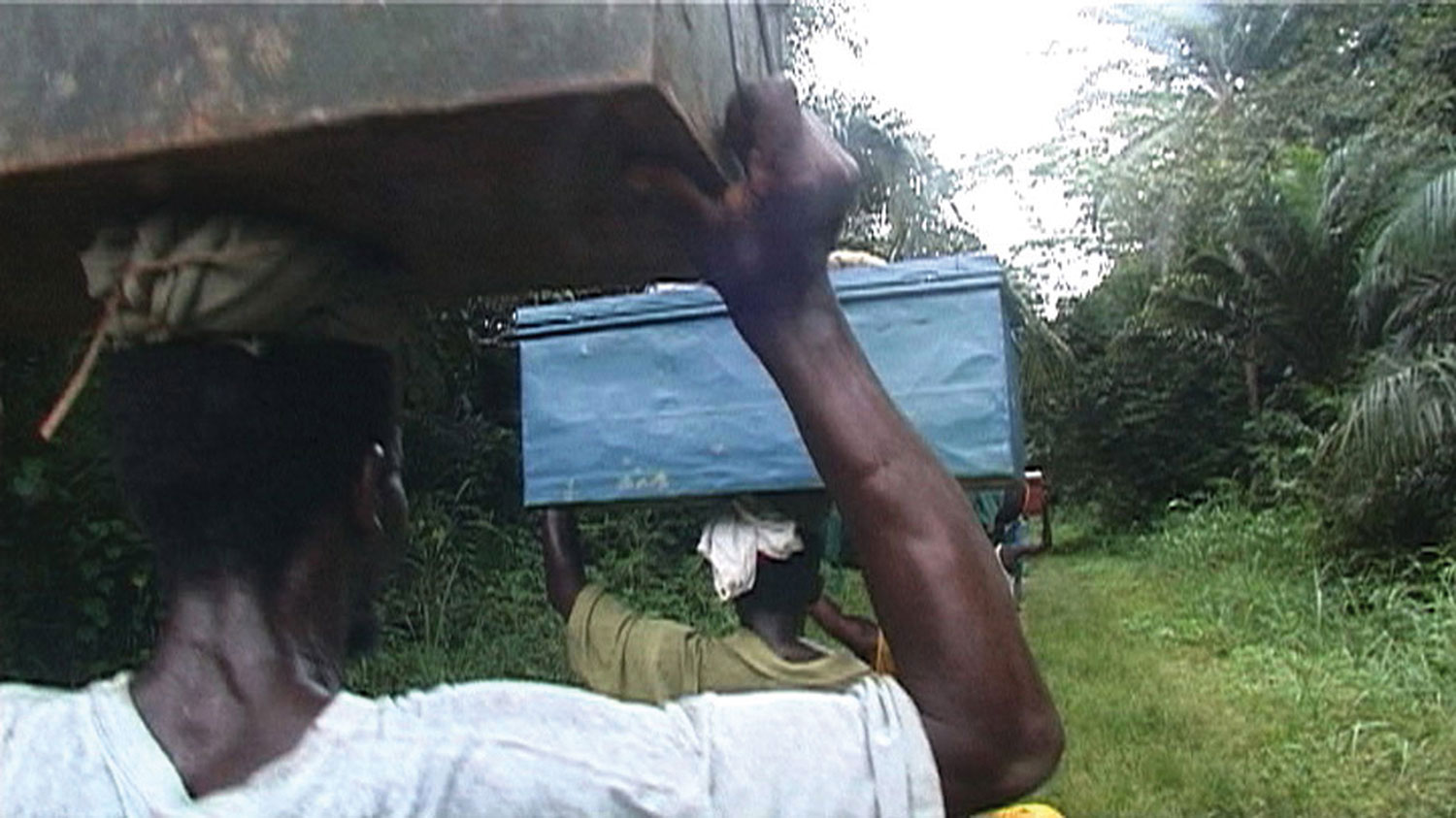
Alas, the film does not offer either of these solutions. It leaves the viewer in a helpless state where no one is able to resolve the contingencies of Africa: NGO’s, industrialists and local people are all powerless. “That’s the very radical element of the piece,” said the artist. While Martens stresses his innovative approach, Episode 3 fits within a succession of artworks produced by Mark Boulos, Eija-Liisa Ahtila, Vanessa Beecroft and many others. All of them problematize, but at the same time play out the suffering of Africa.
Similarly, Martens alternates between the “do-good” frames of refugee camps under UNICEF logos, images of dead bodies, and images of himself. At one point he sings: “A man needs a maid,” while two of his porters carry enormous metal boxes — his artistic equipment. Here the artist suddenly changes his role: from an educator of the poor to a colonial master. Martens shot his previous work Episode 1 in Chechnya in 2002. In this film the artist also played with conventions: instead of asking people about traumas of recent war he asked about the way he looks.
These conceptual and formal traps have not discouraged Martens. He is looking forward to a new project in Africa. The artist has said: “Well, for the workers living on the plantation the artistic quality that Episode 3 proposes may have been of little interest. They may well prefer a worse piece of art, if only it would bring food to the table. So I am planning to do that: bring food on the table.” Time will tell how Martens will carry out his art of contradiction.


